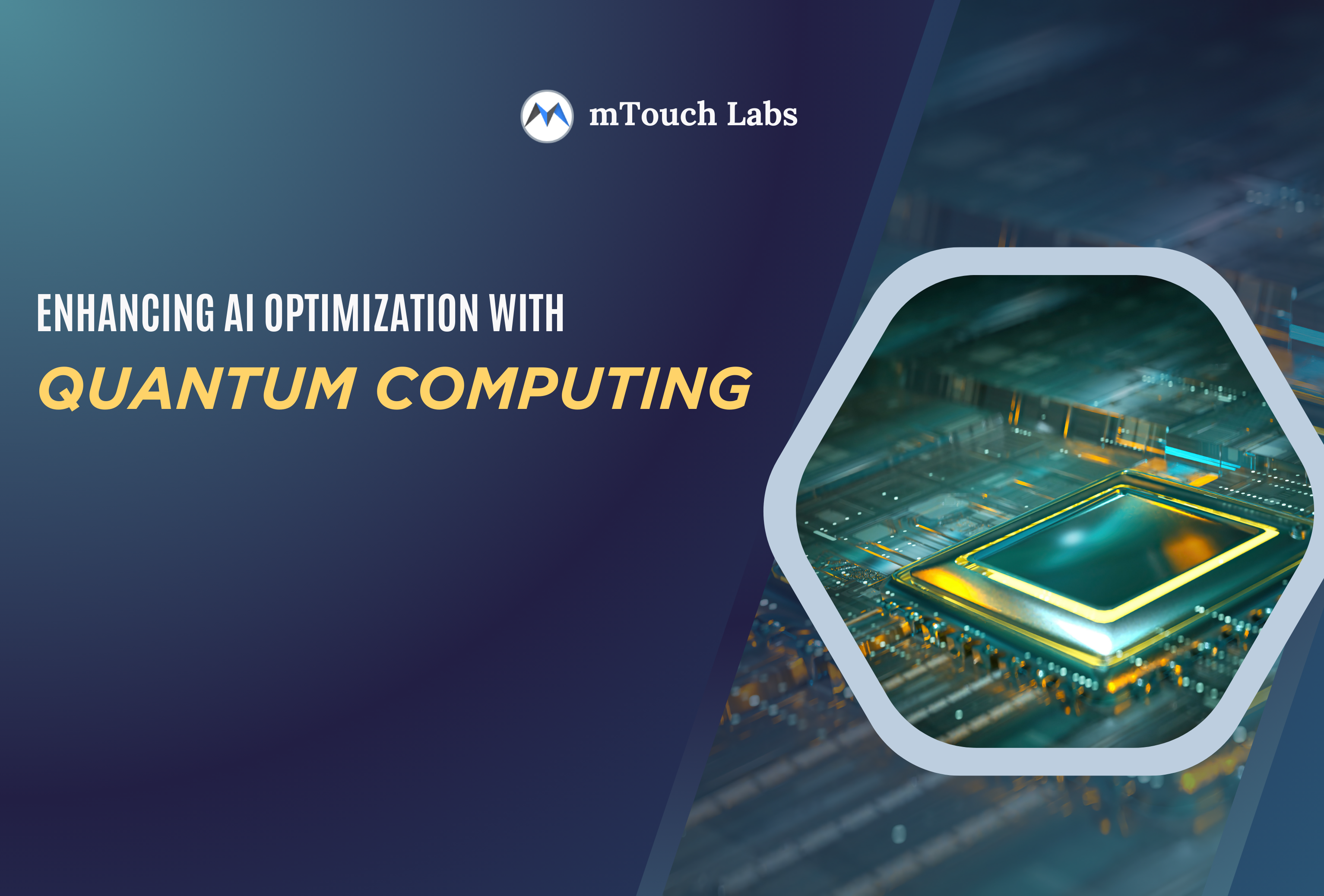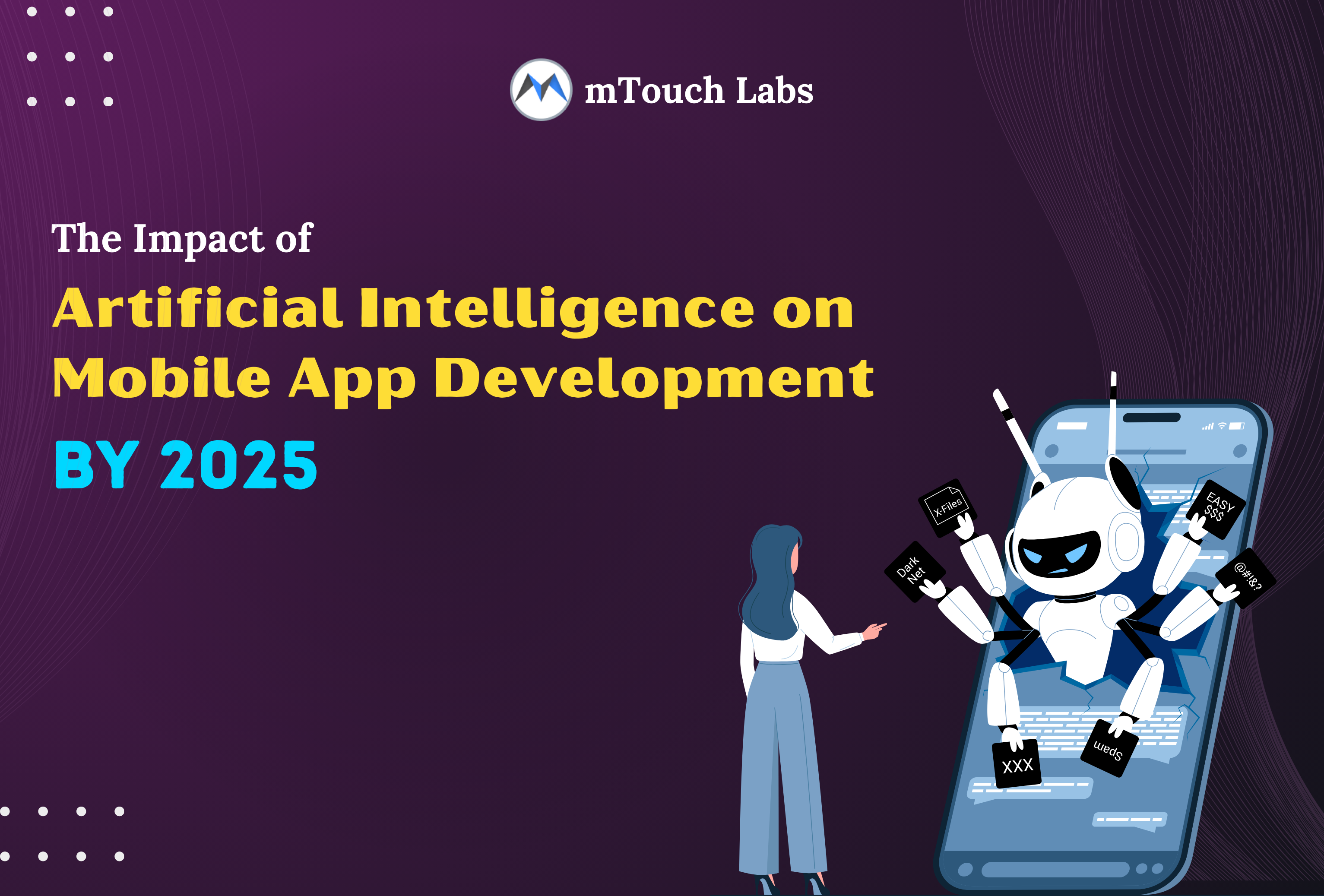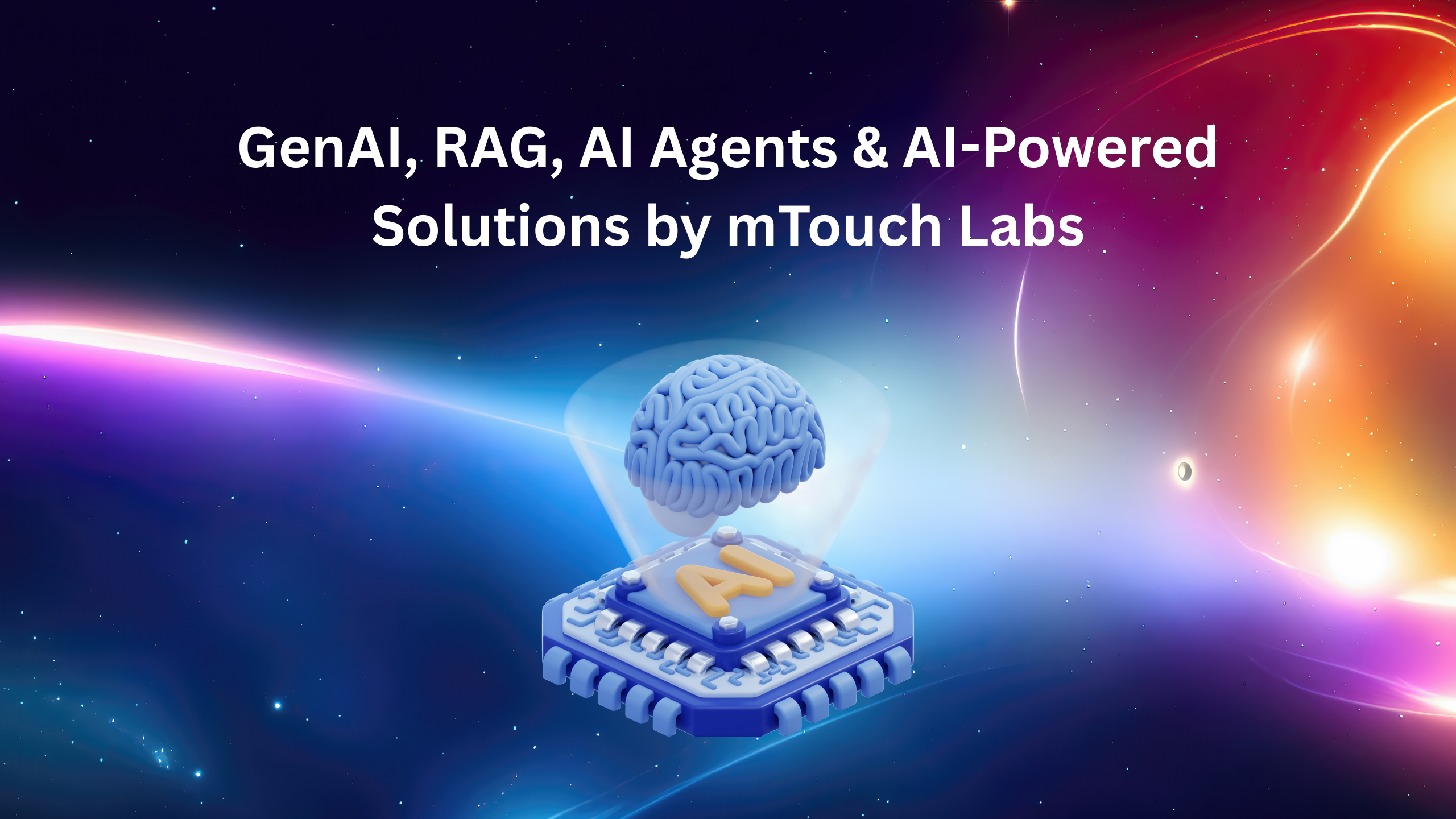How Quantum Computing Will Revolutionize Software Development for AI
Introduction
One of the top software development companies focusing on web, mobile, and enterprise application solutions, this is dedicated to delivering superior products tailored to the unique needs. With a team of skilled engineers, designers, and tech enthusiasts, it is renowned for developing scalable, impactful, and user-friendly technologies that drive growth and optimize operations globally.
The software development company places a strong emphasis on technological innovation, integrating the latest advancements in artificial intelligence, machine learning, and quantum computing into its app development processes. This approach enables us to provide effective, scalable, and competitive solutions, whether crafting complex mobile applications or building robust web platforms, to meet the demands of today's fast-paced digital world.
What is Quantum Computing?
A technology known as quantum computing uses quantum bits, or qubits, rather than conventional bits to process data by utilizing the ideas of quantum physics. Quantum computers are able to execute complicated calculations far more quickly and effectively than classical bits because qubits can exist in several states simultaneously due to superposition and can be joined through entanglement. Though it is still in its infancy, this potent method has the potential to address issues that are beyond the scope of traditional computers, particularly in domains like cryptography, optimization, and artificial intelligence.
Enhancing AI Optimization with Quantum Computing
Machine learning, natural language processing, and complicated optimization problems can all be accelerated by quantum computing, which has the potential to revolutionize artificial intelligence. It will push AI capabilities beyond their existing boundaries by improving algorithms and handling massive datasets, opening up new avenues for study and use.
1. Accelerating Machine Learning
By processing big datasets more quickly, enhancing model training, optimizing hyperparameters, and more effectively identifying patterns, quantum computing can improve machine learning. Additionally, it improves neural network optimization. For example, approaches such as Quantum Approximate Optimization Algorithm (QAOA) allow for faster weight alterations, which leads to faster training durations and more accurate models.
2. Revolutionizing Natural Language Processing (NLP)
Natural Language Processing (NLP) can be greatly enhanced by quantum computing since it can handle enormous datasets more effectively, allowing for faster and more sophisticated language models. More advanced AI-powered capabilities, like natural-sounding dialogue and precise translations, could result from this improvement, which could accelerate mobile app development, especially in fields like contextual comprehension, semantic analysis, and language production.
3. Enhancing AI Optimization Problems
AI's approach to optimization problems could be completely transformed by quantum computing since it can solve them far more quickly than traditional techniques. Quantum algorithms like Quantum Annealing can drastically improve efficiency and cut costs by optimizing processes in industries like finance, logistics, and resource management by computing numerous answers at once.
4. Quantum-Inspired AI Algorithms
AI is already progressing thanks to quantum-inspired algorithms that apply quantum concepts to traditional computers. By boosting machine learning, these methods improve data processing, categorization, and decision tree efficiency, which improves performance in AI applications like fraud detection and picture recognition.
5. Solving Big Data Challenges
Faster analysis, data searches, and pattern recognition are made possible by quantum computing, which can greatly enhance AI's capacity to manage large data. By analyzing sensor data more quickly, this might improve AI applications in industries like healthcare, which would improve patient outcomes, and autonomous vehicles, which would ensure safety.
6. Breaking Computational Barriers in AI Research
Current computational constraints in AI could be solved by quantum computing, opening the door to more sophisticated models in domains like material research, medicine development, and climate modeling. This innovation will open up new avenues for AI research and custom software development company creation by enabling researchers to test algorithms that were previously impractical.
Applications of Quantum Computing
The limits of processing capacity will be redefined by quantum computing, which makes use of the ideas of quantum physics. It revolutionizes industries globally by providing ground-breaking answers to issues that traditional systems were unable to resolve.
- Learning and Artificial Intelligence: Model training, data analysis, and optimization are among the AI processes that quantum computing speeds up, allowing for quicker and more precise machine learning applications.
- Cryptography: Cybersecurity is being revolutionized by quantum computers, which can crack conventional encryption techniques while enabling quantum-safe encryption.
- Healthcare and Drug Discovery: Quantum computing accelerates diagnostics, customized medicine, and drug development by modeling molecular interactions.
- Supply Chain Optimization and Logistics: Complex scheduling and routing issues are effectively resolved by quantum systems, enhancing resource management and logistics.
- Modeling the Climate: The development of remedies for the world's environmental problems is aided by the accurate climate change projections made possible by quantum simulations.
The Future of AI and Quantum Computing
The use of quantum computing into AI development will revolutionize the field as it continues to advance. Quantum computing will create new opportunities for innovation in a variety of industries by offering faster processing, more effective data analysis, and improved machine learning capabilities. Even though they are still in their infancy, quantum computers have enormous potential for AI software development.
The next technological frontier lies at the nexus of AI and quantum computing. We can anticipate seeing AI systems that are more intelligent, quick, and strong than ever before as a result of developments in both areas, resolving issues that were previously believed to be intractable. It is important for all AI developers to closely monitor this emerging revolution.
Frequently Asked Questions
Find answers to common questions about quantum computing and AI software development.
Quantum computing uses quantum bits (qubits) rather than conventional bits to process data by utilizing the principles of quantum physics. Unlike classical bits that can only be in one state (0 or 1) at a time, qubits can exist in multiple states simultaneously due to superposition and can be joined through entanglement. This allows quantum computers to execute complicated calculations far more quickly and effectively than classical computers, particularly in domains like cryptography, optimization, and artificial intelligence.
Quantum computing enhances AI optimization by accelerating machine learning through faster processing of big datasets, enhancing model training, optimizing hyperparameters, and more effectively identifying patterns. It revolutionizes Natural Language Processing (NLP) by handling enormous datasets more effectively, transforms AI's approach to optimization problems by solving them far more quickly than traditional techniques, enables quantum-inspired AI algorithms that improve data processing and categorization, solves big data challenges through faster analysis and pattern recognition, and breaks computational barriers in AI research by enabling more sophisticated models in domains like material research, medicine development, and climate modeling.
Key applications of quantum computing include learning and artificial intelligence (speeding up model training, data analysis, and optimization), cryptography (revolutionizing cybersecurity with quantum-safe encryption), healthcare and drug discovery (accelerating diagnostics, customized medicine, and drug development by modeling molecular interactions), supply chain optimization and logistics (effectively resolving complex scheduling and routing issues), and climate modeling (enabling accurate climate change projections through quantum simulations). These applications provide ground-breaking solutions to issues that traditional systems were unable to resolve.
Ready to Explore Quantum Computing for Your AI Solutions?
Let's discuss how mTouch Labs can help you leverage quantum computing and AI to create innovative software solutions for your business.
Get Started


